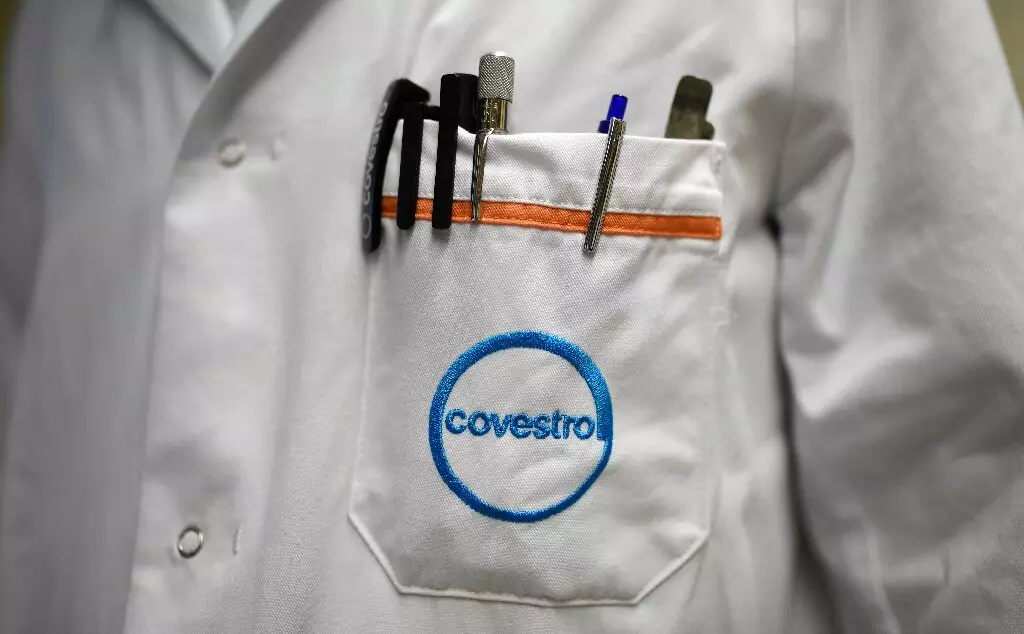The chemical industry is at a crossroads, facing pressure to reduce its carbon footprint as the world grapples with the urgent climate crisis. One of Europe’s largest chemical complexes, Covestro, is leading the way by exploring the use of sugar as a base material for manufacturing key products, such as aniline. This innovative approach marks a significant shift away from traditional reliance on oil-derived chemicals and offers a glimpse into a more sustainable future for the industry.
Covestro’s pilot project at its complex in Leverkusen involves the production of aniline, a key ingredient in foams used in various applications, from mattresses to building insulation. By extracting aniline from fermented sugar using a process developed by University of Stuttgart researchers, Covestro is taking a bold step towards reducing carbon emissions associated with traditional aniline production. While the project is still in its early stages, the potential impact on carbon reduction is promising.
The chemical industry is a significant contributor to global carbon emissions, with a quarter of oil production directly serving its needs. As the demand for chemicals continues to rise, finding sustainable alternatives to fossil fuels becomes paramount. While the use of sugar as a base material offers a more environmentally friendly option, experts caution against the overreliance on cultivated biomass, which may have its own set of environmental consequences.
Despite the potential benefits of transitioning from oil to sugar in chemical manufacturing, there are several barriers that need to be addressed. The availability of organic matter, higher production costs, and the need for significant CO2 savings are key challenges that must be overcome. Scaling up such projects requires a careful balance of environmental considerations and economic feasibility. Companies like BASF are also exploring alternatives like organic waste and vegetable oils, indicating a broader shift towards sustainable production practices.
As the chemical industry navigates a rapidly changing landscape, there is a growing need for innovation and collaboration to drive meaningful change. Covestro’s pilot project is just the beginning of a broader transformation towards more sustainable manufacturing practices. By investing in research and development, companies can bridge the gap between environmental responsibility and profitability. Germany, as a key player in the chemical industry, must lead the way in promoting a transition to cleaner and greener processes.
The move towards using sugar as a base material for chemical manufacturing represents a significant step towards a more sustainable future for the industry. While challenges remain, the potential benefits in terms of carbon reduction and environmental impact are compelling. By embracing innovation and embracing new technologies, the chemical industry can play a critical role in addressing the climate crisis and creating a more sustainable world for future generations.


Leave a Reply